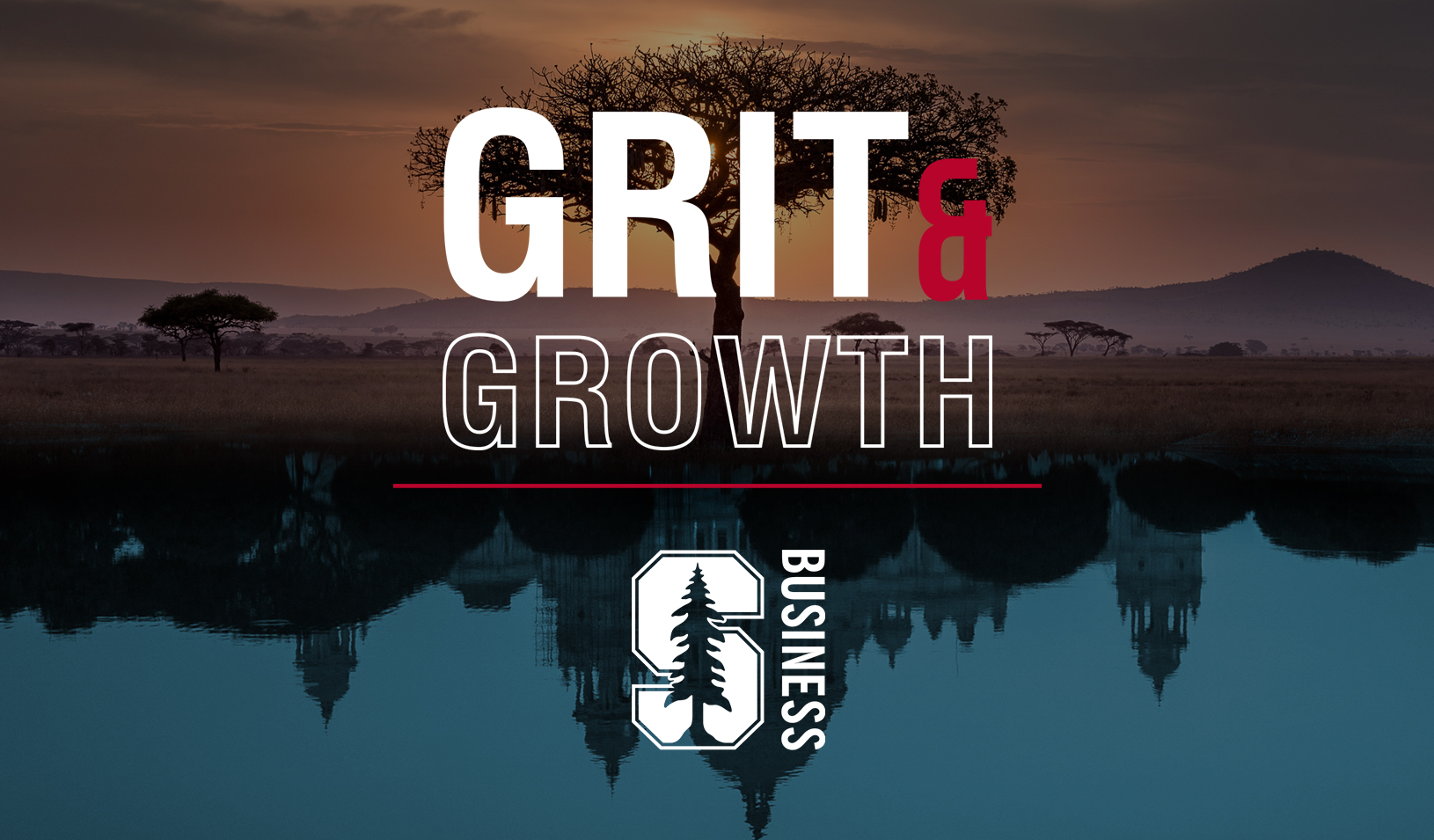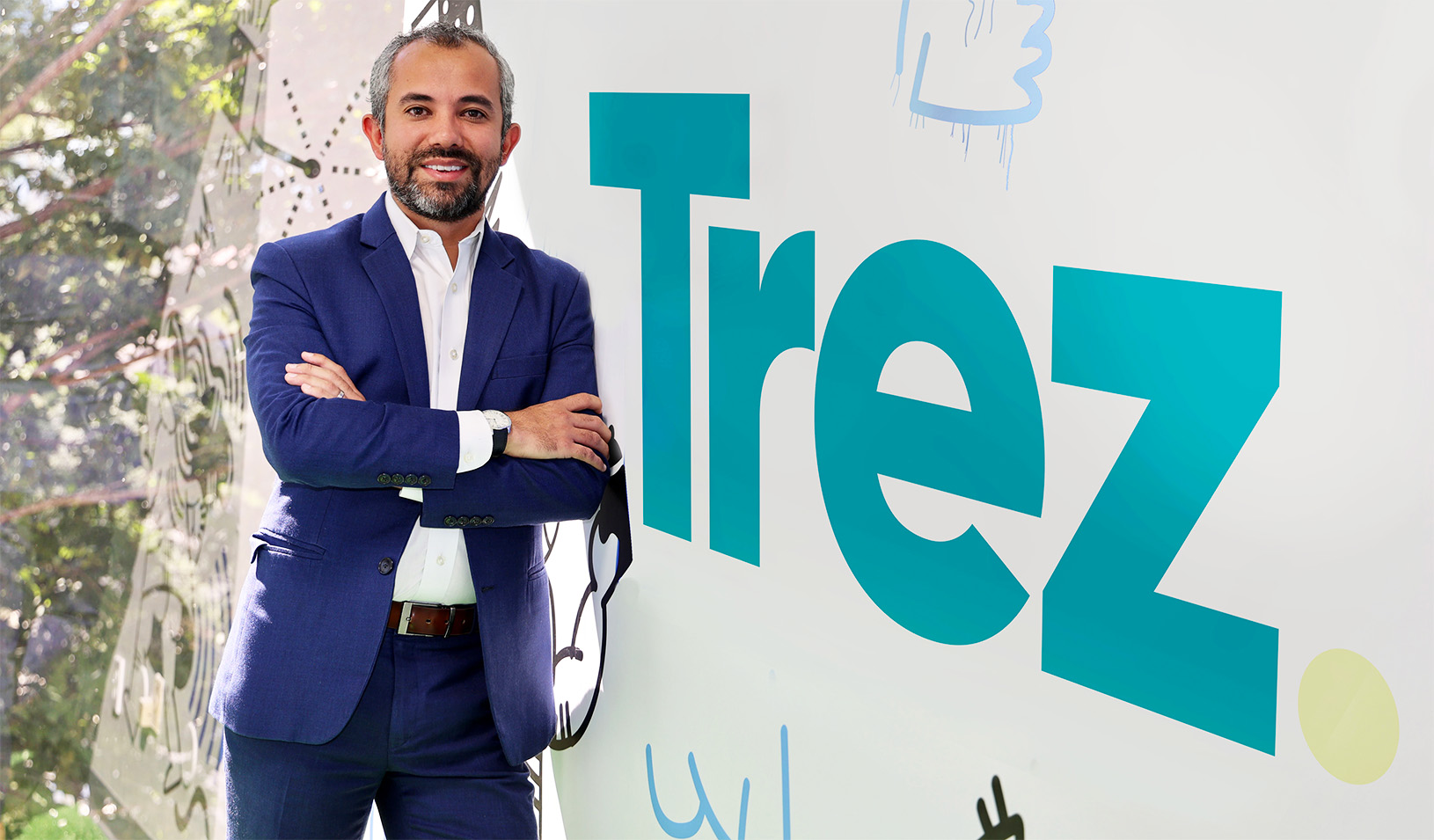
Reuters/Pawel Kopczynski
Manoj Leelanivas is president and chief executive officer of security software startup Cyphort. The Santa Clara, California-based company detects and mitigates advanced malware and other security breaches of a company’s networks, data centers, and cloud. The company was founded in 2011 and publicly launched in 2014. Its customers include large finance, health care, technology, and media companies. Cyphort has raised $55 million in venture capital from Matrix Partners, Foundation Capital, and Trinity Ventures. Leelanivas graduated from the Stanford Graduate School of Business Executive Education program in 2006.
In 10 words or fewer, what is the big idea behind your business?
We provide a single-pane-of-glass view of advanced threats in the enterprise.

Manoj Leelanivas | Courtesy
Why is this type of business important now?
The world is flatter than ever. Anyone anywhere can hack into any system around the world. The bad guys have amazingly good tools, huge amounts of computer storage, and anonymity. By now most people have heard about the security breaches at Target (in which the debit and credit card information of as many as 70 million people was stolen), JP Morgan Chase, and now the U.S. Office of Personnel Management (which included, among other things, the Social Security numbers of 21.5 million people and fingerprints of 5.6 million people).
The ease with which hackers can attack is unprecedented. Every asset of a company is connected on the internet today. Two decades ago the perimeter of an enterprise was the four walls of a building. With the internet, cloud, and mobile computing, the walls have broken down. The perimeter is porous. If you look at the Fortune 500 today, 75% of them have embraced “bring your own device” in some shape or form; 50% of them are running 300-plus cloud applications.
What is the toughest aspect of protecting your clients?
We protect the customers from breaches that go after their “crown jewels.” The crown jewels vary from client to client. For a financial institution, it’s financial or customer data. For a tech company, it’s intellectual property. A media brand could be damaged by misinformation. For governments, the price is even higher. Everything is open to everything. The average dwell time is over 200 days for breaches. These attacks targeted huge, valued assets and slowly attacked. You need eyes and ears on every aspect of your network. At Target, the threat came through the HVAC [heating, ventilation, and air-conditioning] system. From there, the malware carried itself to the point of sale, or point of fail.
We install lightweight, virtualized sensors, which can be attached to any aspect of the network; and we look at and collect interesting data from across the network to see if there is any meaningful activity, and analyze it using our machine-learning algorithms and behavioral analysis. We need to do it quickly and be able to determine how the threat came into the network and who the target is.
How do you describe your primary target audience?
Fortune 1000 enterprises.
What are your biggest challenges right now in building your business?
We need to scale quickly and be strategic in terms of how fast to invest ahead of returns. You don’t want to get too much over your skis but you also don’t want to be too conservative.
What is the best advice you’ve ever received?
John Morgridge, the former Cisco CEO and chairman, said you cannot run a company from an ivory tower. You need to have the understanding of what’s happening at the front lines — understanding what it takes to win a sales deal and build the product.
What was the most difficult lesson you have learned on the job?
When the going is great, humans have a tendency to focus on things that are going well. All the goodness can mask underlying problems unless you know your blind spots.
Earlier in my career when I was building the routing business at Juniper, we were too complacent. We let the market drive the change. Also, I learned then things are relatively easy if you are running an important division of a large company as long as your division is aligned with the core business. Trying to build a new business inside a bigger business is tough, especially if you are creating something that has a gravitational pull in a different direction.
If there was one thing that has enabled you to be successful as an entrepreneur, what would it be?
Making tough decisions quickly.
What is your greatest achievement?
I had very humble beginnings in India. Running a $2 billion- plus business was something I did not think was possible 20 years ago. I had some challenges in life to get to this country and build a career for myself. The United States is one of the only countries where meritocracy thrives.
What do you consider your biggest failure?
In my previous company I did not recognize the power of the gravitational pull of the core business.
What values are important to you in business?
I’m a big believer in driving the customer experience and solving their problems quickly. I also believe in a culture of open communication and transparency in any organization I am running.
What was your first paying job?
I worked at a desktop publishing software company in Bangalore, India. I was a quick programmer. I didn’t see why I had to hang around and waste time after I was finished working, so I left early sometimes. A manager made a public example of me as someone not to follow. He said what mattered was that I stayed and followed the discipline of the company, irrespective of how much work gets done. I decided that day it was time to move on.
What is the best business book you have read?
Biographies of Alexander the Great. His way of leading from the front appeals to me. Also Into Thin Air. That was a powerful book. The author talks about how important it is to follow certain rules and how the human mind plays tricks on you when you are under stress.
What business person do you most admire?
John Morgridge. He was an influence for me, though he may not remember me. The first weekend after I joined Cisco, I went into the office to get a leg up and read. He was jogging there, saw me, and asked why I was working on the weekend. Later, he talked to my manager because he thought he was not managing my time correctly. His philosophy was that you should get done what is needed in five days if you focus on the right things. Also, I admire a CEO who loves to be connected to the pulse of the organization, irrespective of how busy his day is.
What do you think is the greatest innovation in the past decade?
The coming-of-age of the internet. It has completely changed the way we do business and the way we live.
For media inquiries, visit the Newsroom.





